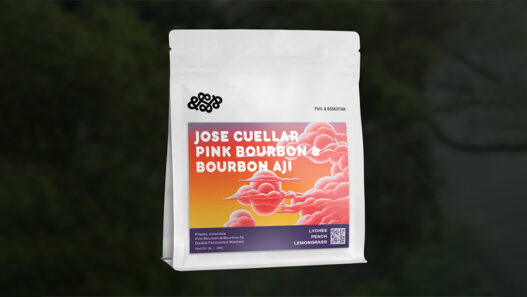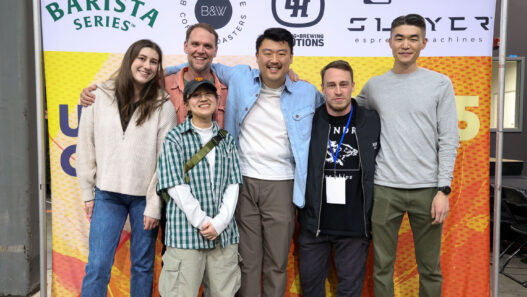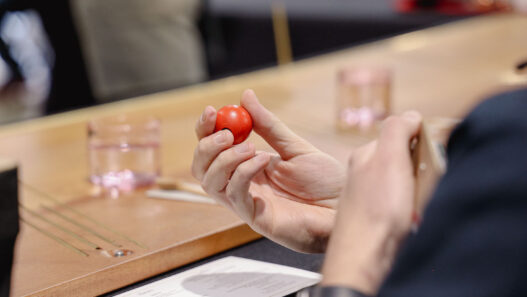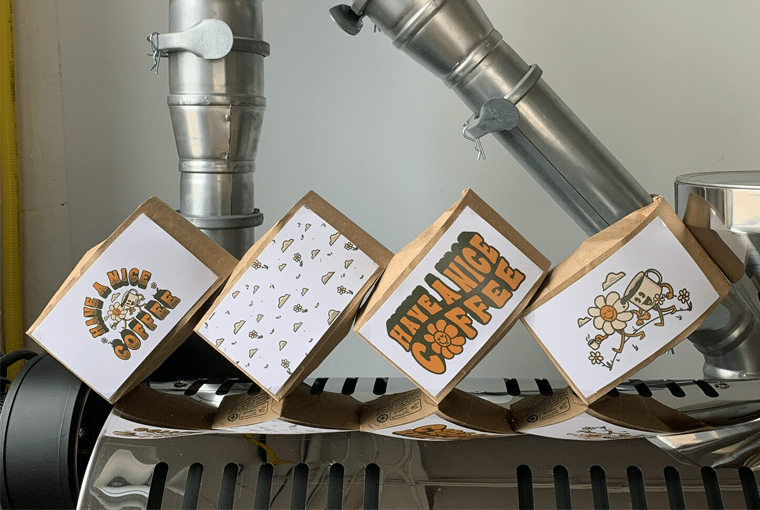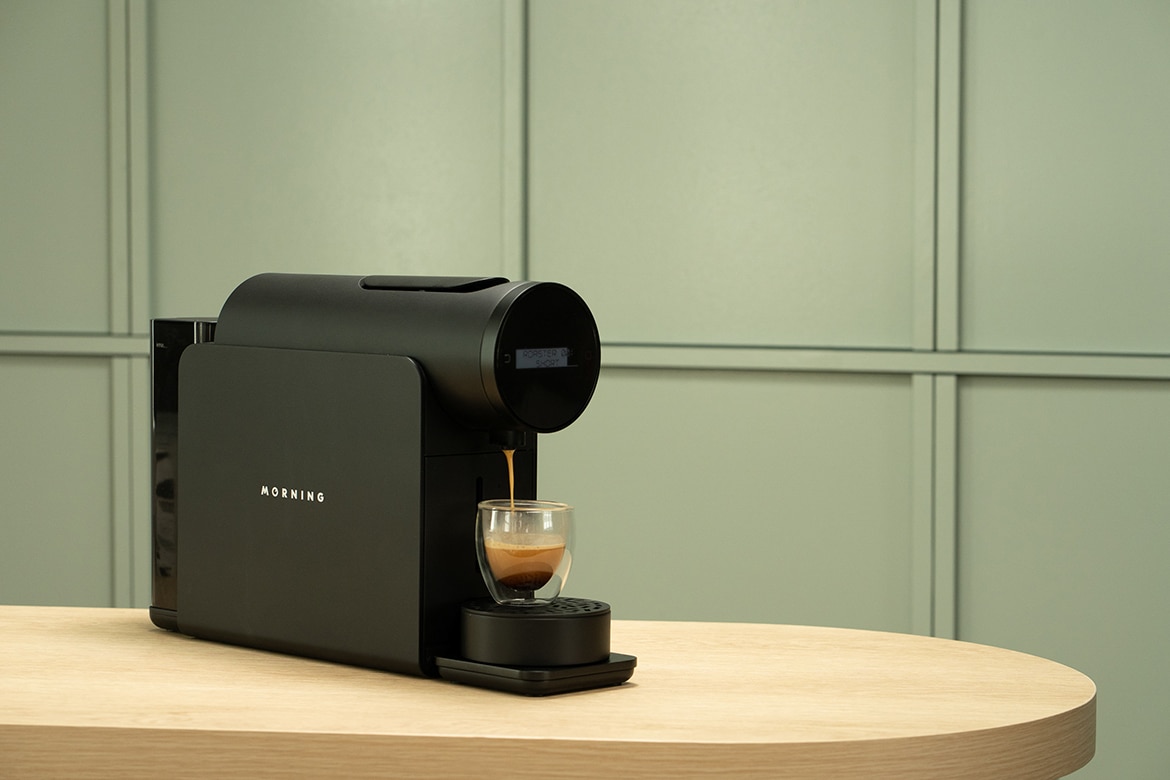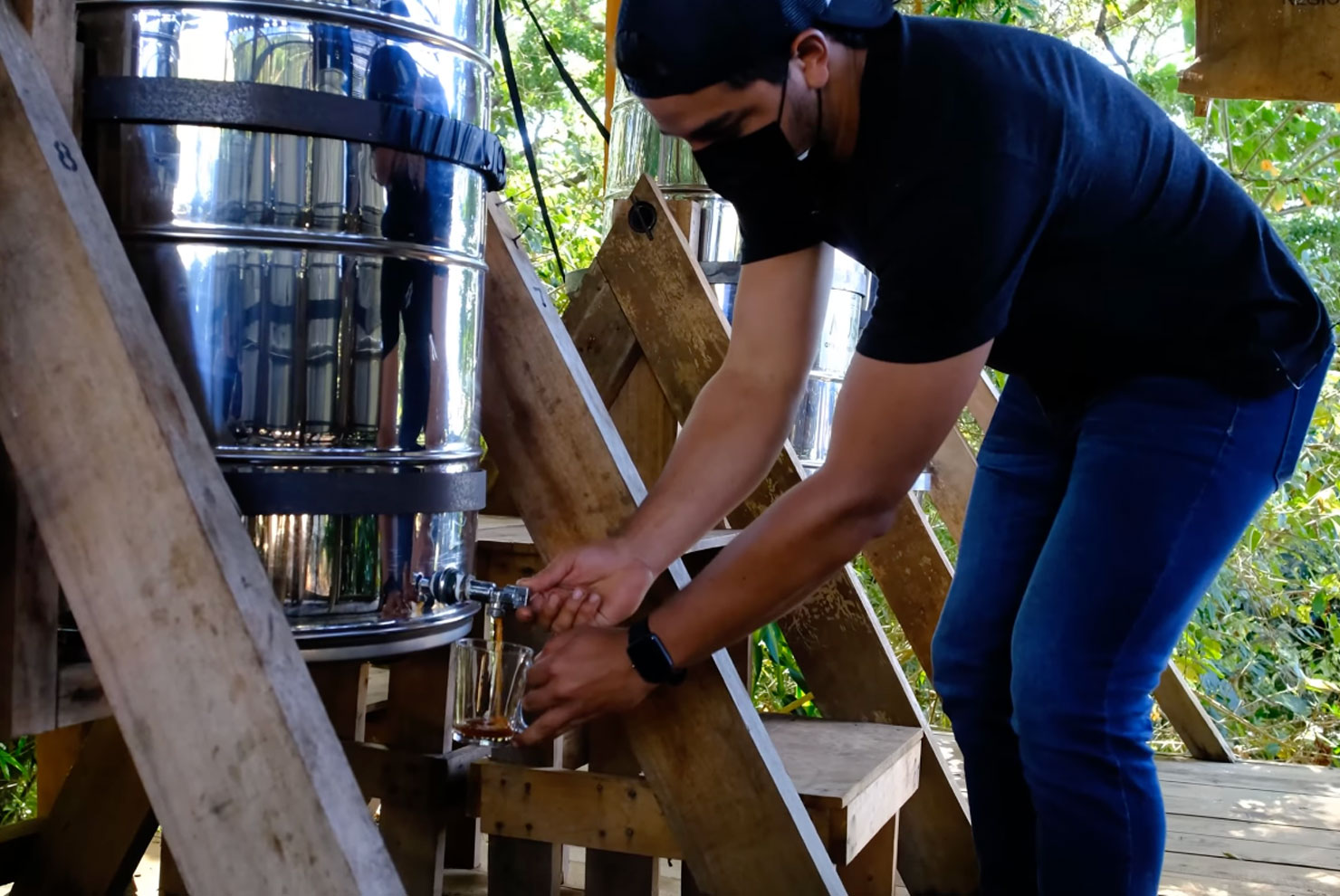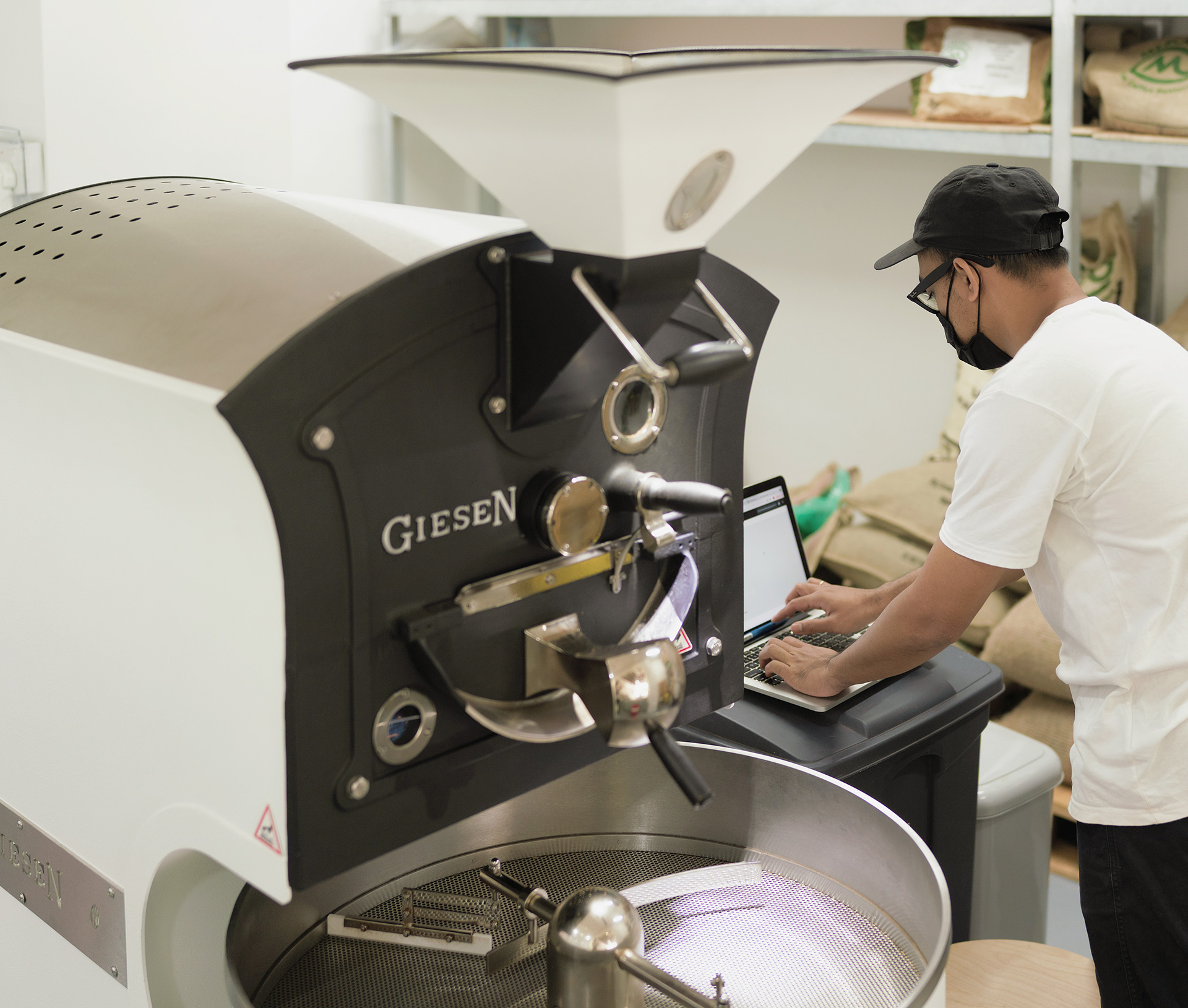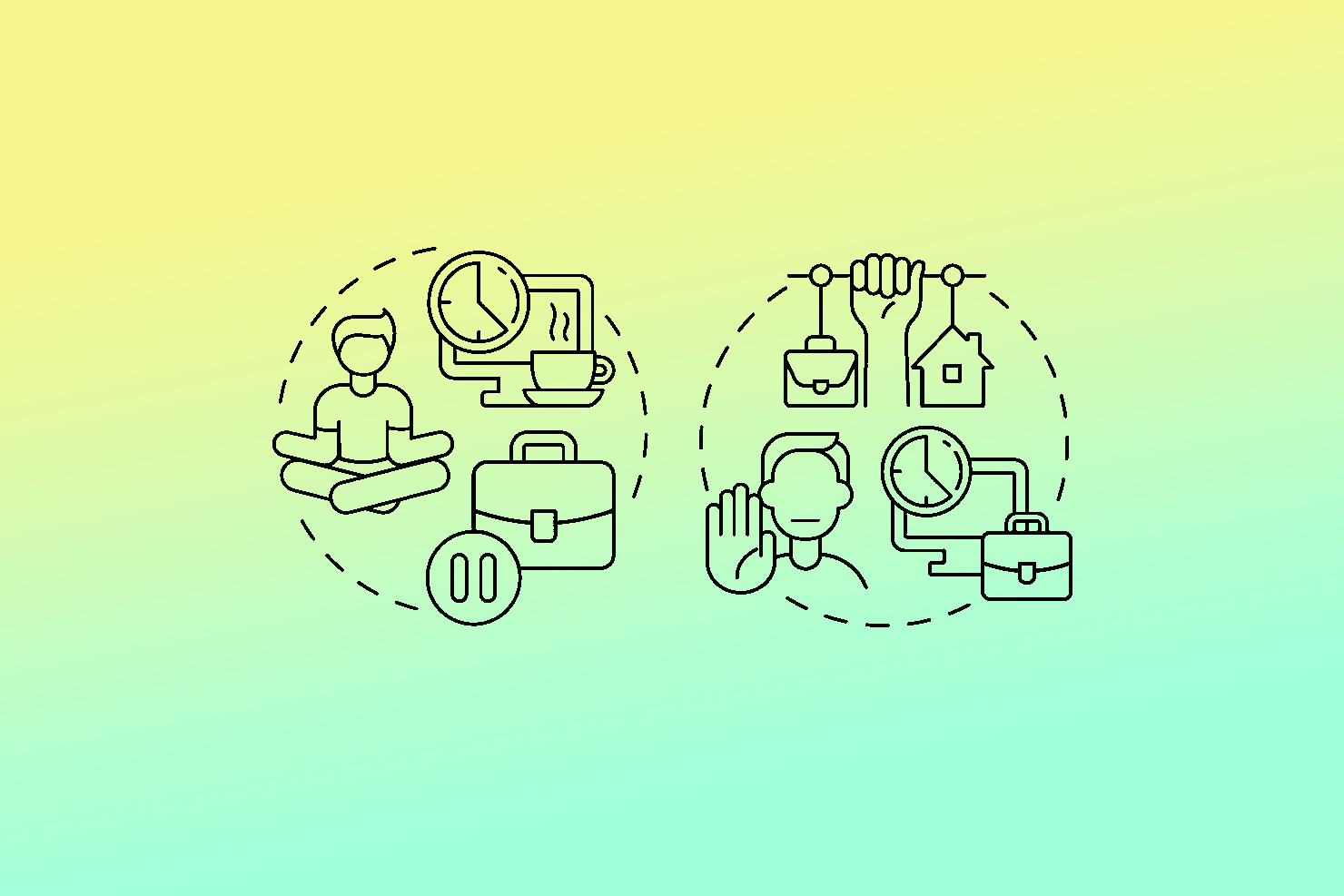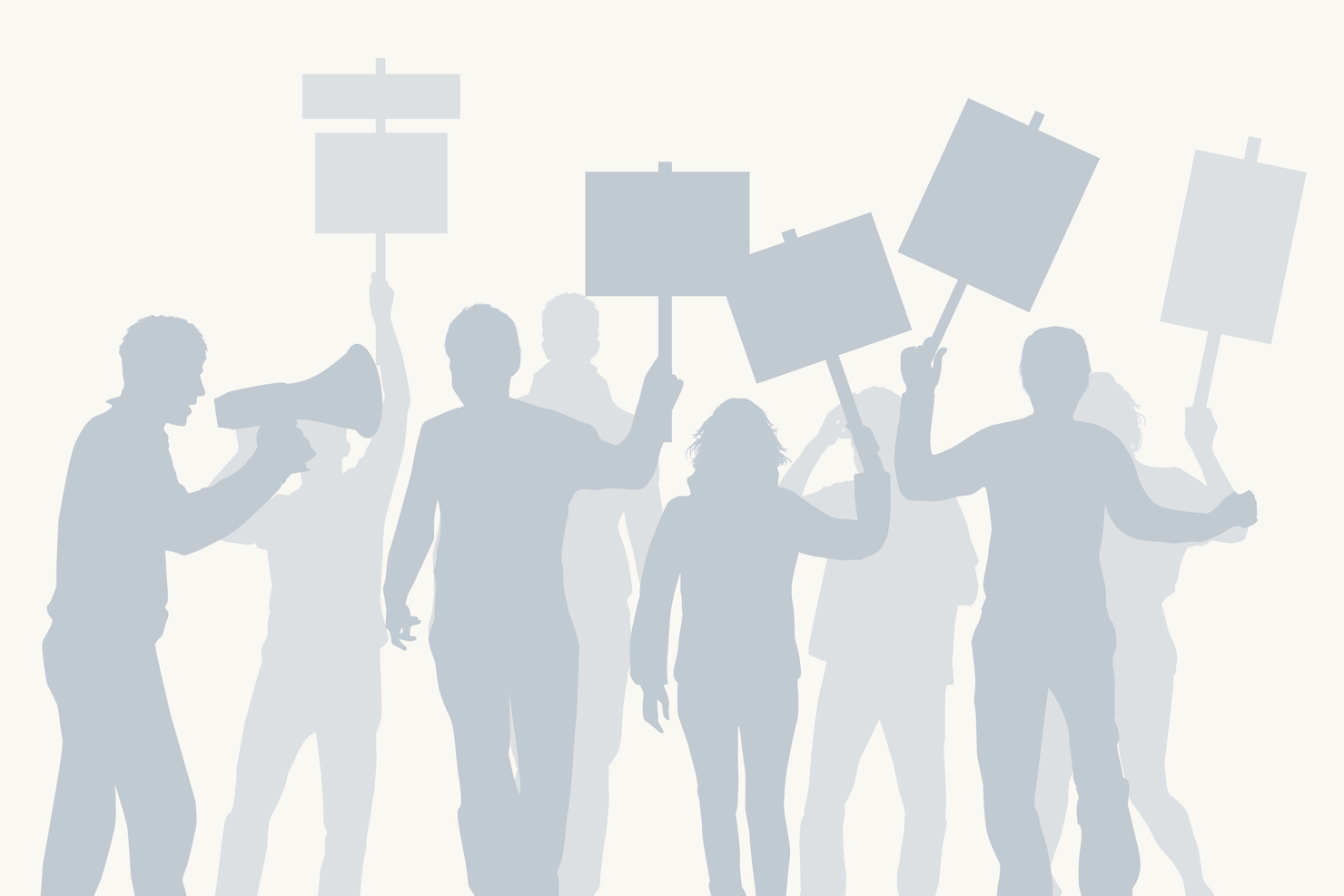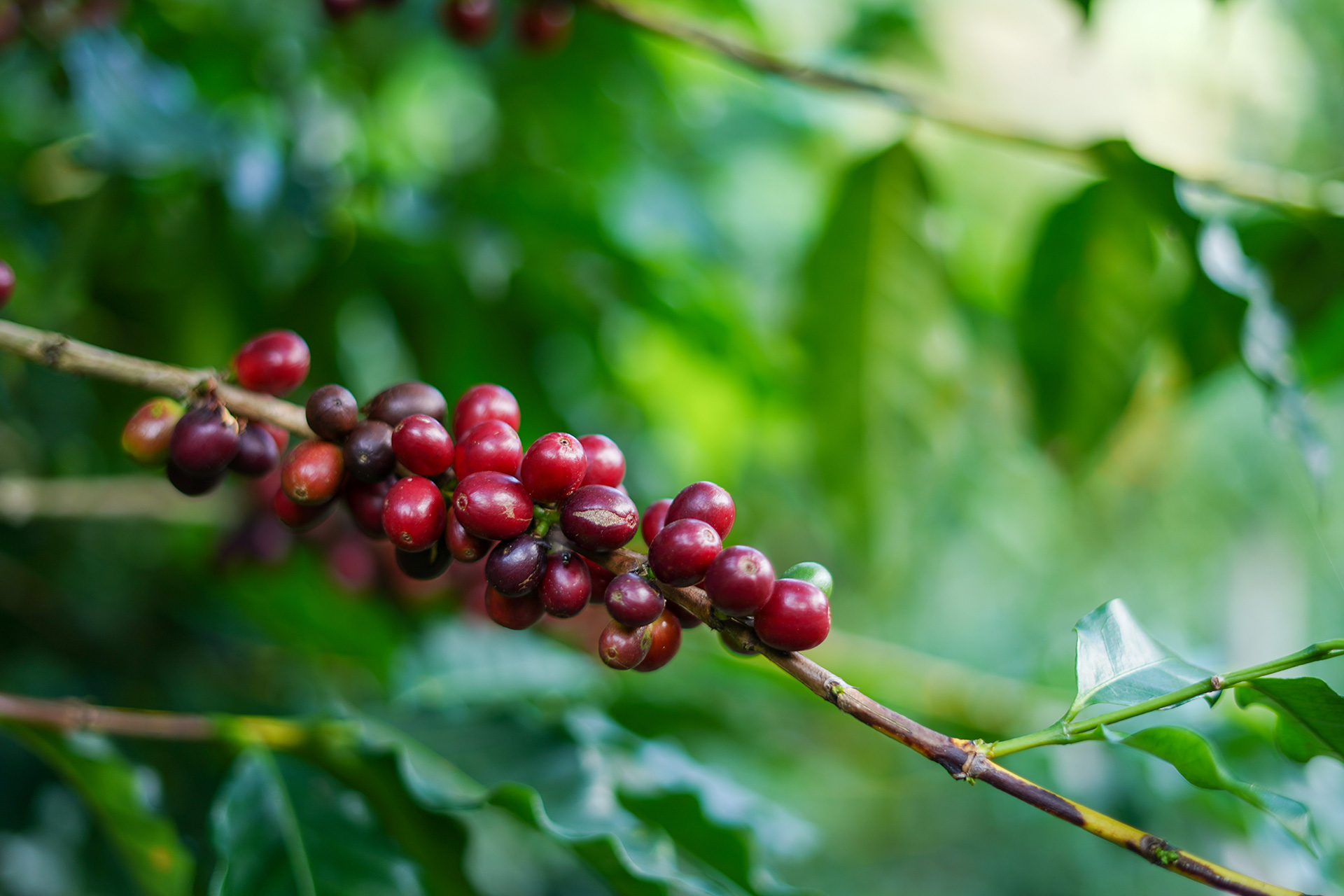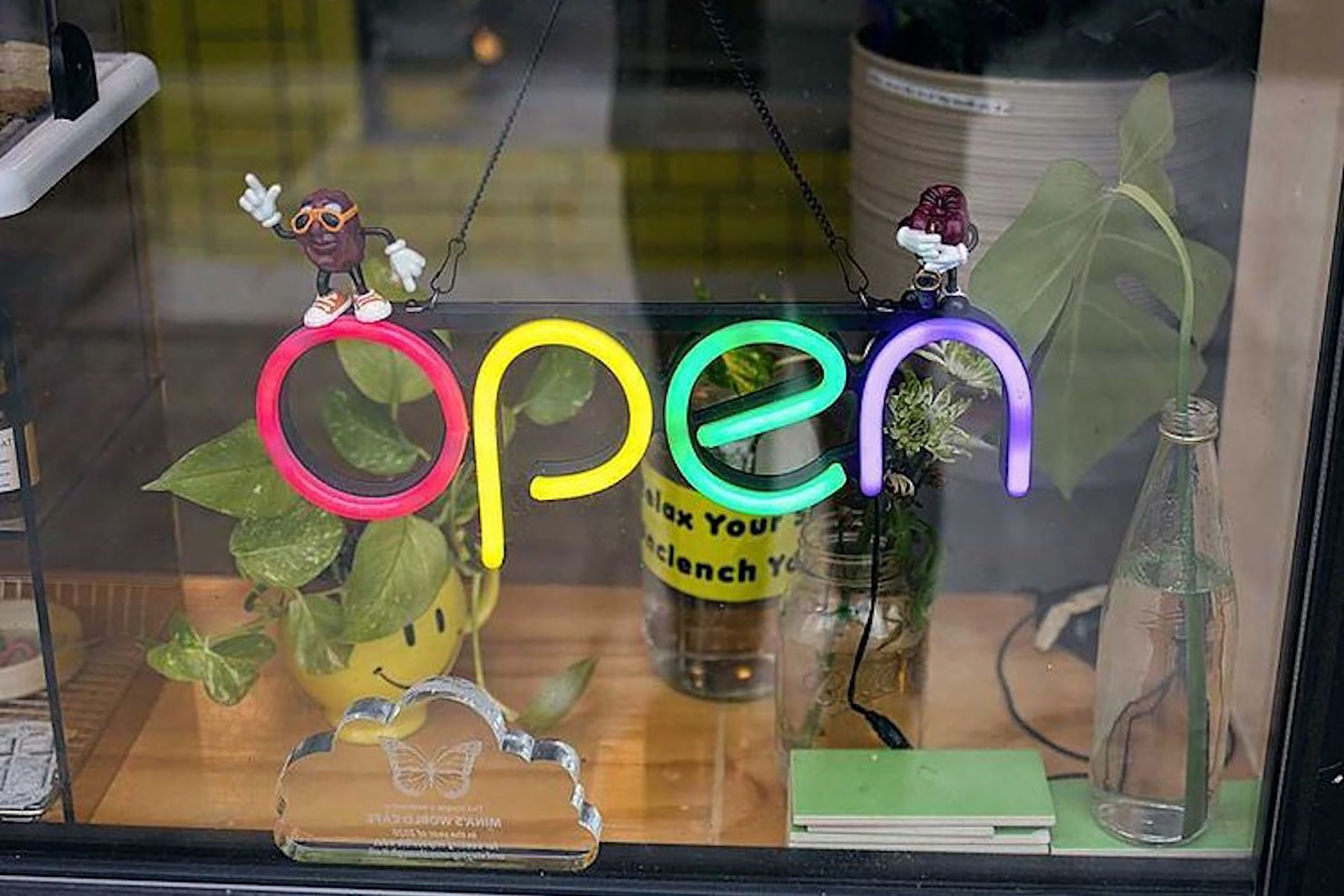Summer 2020 has been one for the coffee history books.
A global pandemic. A generational uprising against police violence and systemic racism. And a wave of public accusations regarding toxic work environments, claim after claim playing out across the hot summer months on Instagram, on Twitter, and even sometimes in the pages of the local press.
“If you are Black, but you are too Black, that’s too much for them,” alleged former Kaldi’s Coffee employee Jeramy Perry to the Riverfont Times, a St. Louis alternative weekly newspaper. “They can’t deal with that because they don’t know how to talk to you.”
“I thought I was working for an ethical company,” Melodye Anderson told The Los Angeles Times. She’s one of the dozens of baristas embroiled in a unionization fight with Augie’s Coffee of Redlands, California, an ongoing story in this summer like no other. “I’m heartbroken.”
As the Black Lives Matter, workers’ rights, and #metoo movements converge across American society, service industries like restaurants, bars, and cafes have become a flashpoint. It has reached a critical mass in the coffee industry, where, with a tap of a button, harassment accusations play out in the court of public opinion—often the only court hourly workers can afford. Social media has stepped imperfectly into a role as the great equalizer in the employer-employee power imbalance, a new public square for claims and allegations, come what may.
“None of this was ever a secret. […] Industry folk across the city have always known. […] It has not been until now, when our scars have been publicly shared all over the internet, that any change has even been considered.” writes a former employee of Matchstick Coffee in Vancouver, BC on the now-defunct @notourmatchstick account.
Why now? What is so significant about this summer that has led us to this point?
A brief history
A few factors are in play here and while I am no cultural historian, I believe each has played a significant role in these events. As a baseline, the specialty coffee industry and the wider global coffee market was built on colonialism. “Coffee’s dark past is still its present,” observed Candice Madison, Director of Roasting for Royal Coffee’s The Crown, in the recent Race & Specialty Coffee webinar. In no particular order, some of the factors in play include:
- The murder of George Floyd galvanized an entire nation into recognizing the Black Lives Matter movement. Decades worth of civil rights activism was brought into plain view on social media and prime time TV, finally admitting that racism is indeed still a present problem in society. For a week in June, it seemed like every kind of company—including coffee companies—were making public declarations of anti-racist sentiment, demanding that something must be done to foster societal change (even if they didn’t know exactly what). This narrative is sadly ongoing, with the police assault of Jacob Blake in August of 2020 providing yet another tragic inflection point.
- The #metoo movement that began first in 2006 and then gained traction in 2017 surfaced reports of gender discrimination and sexual harassment in the workplace and brought them to the mainstream—largely through social media channels. The #metoo movement didn’t go as far in coffee as it did in politics, or the entertainment industry, but it certainly set the stage. Sexual harassment and discrimination claims against coffee companies like Four Barrel, Slate Coffee, Ristretto Roasters, and more all rose from local whisper networks into the public view, garnering national and international press.
- Workers rights in coffee have been building up momentum. From unions like Gimme! Coffee, Tartine, and Augie’s to organizations like Getchusomegear, Coffee at Large, and Barista Behind the Bar, we’ve seen an increase in grassroots support for baristas. Every new union and organization in the coffee industry is a significant one.
- COVID-19 has placed considerable strain on the hospitality industry, amplifying already existing abusive behavior. Coffee workers worldwide have been furloughed, fired, laid off, or else are just straight-up working through this new, riskier climate.
- The relatively young coffee-consuming industry that has enjoyed explosive growth over the last two decades was built on an anyone-can-do-it, entrepreneurial counter-culture attitude. Using double-edged sword words like “family” and “building community,” what’s really been revealed is a collection of companies and founders who don’t want to grow up. Family is a word used to broadcast a belief that we’re all in this together when in reality, it’s a way for those in charge to avoid the responsibility–employee care, proper HR procedures–that comes with business growth.
“Workers at Augie’s Coffee risked their own safety to keep their company open,” writes the nascent Augie’s Union on social media. Management at the Inland Empire coffee brand was allegedly slow to institute safety measures to protect their workers, who formed a union in response. Terms like “family” were allegedly thrown around frequently in the good days at Augie’s, but the brand’s response to that union drive blew up into major news, public demonstrations, alignment with an organized national union entity, and now, allegations of over $140,000 in wage violations at the company. The coffee family is as dysfunctional as any other.
This is not a reckoning
Some have referred to the summer of 2020 as “coffee’s reckoning,” but I disagree. To me, it’s a perfect storm of an industry’s consuming arm in its awkward adolescent stage. And like any adolescent stage, growth is awkward and clumsy. This moment was long overdue. Every week, I hold my breath to see which coffee company is next; it’s become so common over the last few months that I can’t keep track of them all. In the course of writing this piece, additional allegations have surfaced about multiple companies across the US and around the world. One feature cannot possibly cover them all, but the impact on the community level continues to play out.
The specialty coffee industry has waded through these issues for years. Panels have been created, articles painstakingly written, and entire organizations and events born around addressing issues of systemic inequality, but with little headway made. Before this summer, many social issues were deemed as too political and avoided on cafes’ social media. Calls for setting politics aside when talking about coffee are not only counterintuitive to a commodity traded on an open market but are also the words of people who have the choice to do so.
Social media offers an outlet for stories that may have otherwise remained in the shadows. The public callout is not without criticism; for every public allegation made on social media, there is someone who insists that lived experiences do not serve as proof and that the claims of the abused are diminished by not going through the “right channels.”
But what happens when the right channels don’t care?
“I came with accounts of other folks who had been harmed so it wouldn’t look like I was the only one. I did my research,” writes D’Onna Stubblefield, a public whistleblower about her time at Counter Culture Coffee. “I dotted all my I’s and crossed all my T’s.” And even that wasn’t enough. Stubblefield’s whistleblowing has led to additional allegations surfacing around worker conditions at Counter Culture’s roasting facility in North Carolina, and the story is ongoing.
This collective moment is not limited to the US. It’s been replayed around the world, from the UK social organization The Kore Directive, to the Italian equipment manufacturer La Marzocco (a controversy in which I was personally named), to Australian coffee education and equipment brand Barista Hustle.
“As the only black woman at the company, I would always find myself scheduled on floor and cleaning duty, despite my barista role and being told that the reason why is because ‘my people’ enjoy cleaning!!” an anonymous account shared on The Kore Directive’s as part of the #coffeecantbecolourblind campaign.
“Racism is very subtle in the UK,” says Kore’s founder Sierra Yeo. Combined with the pandemic and current economy, Yeo tells Sprudge that “many employees are reluctant to speak out about toxic/racist employers or workplaces.” Yeo has her own claims of abuse as a barista, shared on her personal social media, which helped form the initial push for #coffeecantbecolourblind.
Being a conduit for sharing these stories comes with its own price of anxiety and constant internal and external questioning. To combat this, Yeo reminds herself that “because most of my co-workers are white, and exist in a system that was designed to promote their success, well being, and definition of normality over mine, that is the reason they don’t see a problem.”
She recognizes the role social media has played in whistleblowing. “Instagram, Facebook, Medium, and #coffeetwitter are great levelers of the playing field, and vehicles for change and grassroots activism in coffee with respect to these social issues,” says Yeo.
A toxic summer
As social media has played an increasingly prominent role in hosting public allegations, specific accounts have been created to compile claims and share them with a wider audience. It takes a bit of sleuthing and internet savviness to wade through them all, but that work is nothing compared to the experiences shared of abuse and prolonged trauma.
@the86dlist Instagram account began on June 5 in Chicago and has since expanded to additional cities, including Portland. The accounts document incidents of toxic work environments in their respective cities. In parallel, when companies posted in favor of Black Lives Matter, former employees voiced their experiences in the post, often leading to comments being turned off. Many coffee companies have been featured by local and national @the86dlist accounts.
Philz Coffee, who posted in support of Black Lives Matter, was also accused of having fired three baristas who supported the BLM movement. In one anonymous poll about their workplace, “Out of 419 baristas, 91% said that they felt as if corporate did not care for them.”
These performative declarations were demanded by customers and industry alike. It no longer makes good marketing sense to not be supportive of the BLM movement. But a refusal to engage on posts only highlights the performative words.
The public reveal of these companies are typically met with similar forms of criticism. These often include statements of surprise after a public callout, in which companies declare it’s the first time they’ve heard of such incidents. In many instances, employees have gone through the right channels but have come up against no HR, top-down toxic culture, and refusals to listen. Toxic work environments are not formed from one incident, they’re a pattern that eventually bubbles up to the surface until the employees have had enough.
“Over the last few days, a number of former employees have come forward online to describe difficult experiences working at [the company].”
“We know that our efforts have not been good enough.”
“With that said we are working to acknowledge and address the imperfections in our culture and are committed to making our spaces more diverse and more compassionate.”
The above sentences could’ve come from any company, but they’re from public statements made over by Matchstick Coffee, Passion House Coffee Roasters, and Dark Matter Coffee. Eerily similar versions of these statements have become a kind of trope or meme over the summer of 2020, as though from some imaginary 2020 crisis management playbook. Instead of directly addressing the issue and issuing personal apologies, the allegations are noted as a “surprise,” D&I committees are formed, anti-bias training conducted, and independent HR firms hired.
Why is it so difficult for a company to apologize? Why do we put so much weight into a company’s words when we’re all part of the same capitalistic hamster wheel? These statements of shock are only posted when brand reputation and public sentiment is poised to take a nosedive.
Even the most outwardly performative companies have their alleged shadows. “They piggyback off of BLM and Chance’s non-profit because they believe it will broaden their customer reach but … regularly make sexual and racist comments without batting an eye,” writes an anonymous person for @the86dlist on Passion House. The coffee company has since released a statement acknowledging that they’ve “made mistakes” and are committing to new actions, including hiring an “independent third party HR firm.”
Stumptown, a registered B Corporation, has been named in public accusations from both anonymous accounts and multiple ex-employees commenting publicly. “I watched baristas from other locations endure rampant sexual harassment and abuse from both managers AND customers with NO recourse while having their creativity and hard work actively exploited,” alleges a former Stumptown employee in a @86dlistpdx post. To date, Stumptown has not publicly responded to these accusations.
Rip it up and start again
Social media has power. Within one week, @notourmatchstick posted multiple accounts from ex-Matchstick employees and Matchstick’s owners responded by announcing their divestment.
This summer it’s felt at times like coffee was a floundering industry, headed up in the consuming end by white men and supported on the producer end by unrecognized Black and Brown women. Power is nice, isn’t it, when you’re able to look away from the injustices. But in the face of collective action, unions, public unveils of toxic work environments, and recourse for those involved if possible, that power is quickly diminished.
“These types of small collective actions are actually really huge whenever you think about how they’re happening and tons of different sectors and I think that service industry workers are definitely going to be a part of that.” Emily Haddad, a key organizer for the Tartine Union, tells Umeko Motoyoshi on A Better Table podcast. “My hope is that this will allow people to truly see the power of collective action and that creating a safe, sustainable workplace has to be the priority and then profit.”
Perhaps, like how the restaurant industry is letting problematic chefs and restaurants go, coffee can move on from the status quo of cafes built on systemic inequality. As Phyllis Johnson said in the inaugural Coffee Coalition for Racial Equity (CCRE) webinar, “This problem [racism] we’re talking about is adaptive. You have to change beliefs, habits, loyalties.”
“When we consider racism in the coffee industry it’s easy for us to hire that one Black person or consider a diverse person to the board,” Johnson tells Sprudge. “But to really get to the root of the problem we must change the system in all aspects.” Technical solutions are easy but they’re a band-aid. Adaptive solutions, on the other hand, require investment, time, and much more to fully address the problem.
While so much has been called out and brought to light in 2020, there appears to be plenty more toxicity to release. The momentum is building and social media is the platform of choice for it, putting the power back in workers’ hands. But if we’re dismantling, if we’re tearing down, if we’re truly ripping it up, well, that means there’s an opportunity for what comes next.
Let’s build up a more sustainable, equitable industry where apologies are genuine and actions are taken to correct the mistakes. Let it be unequivocal in recognizing its problematic origins and void of disingenuous “family” talk. The only way we can work through these issues is if we all hold each other accountable, be adaptive to change, and place more value on people than on brands.
There’s never been quite a moment like this in the consuming end of the coffee industry. We can rebuild it better, this time around with less brand worship, more honest intention, and a shared commitment to sustainability, accountability, and equitable practices. Summer 2020 is not the peak but a turning point in coffee history–what if we seize this opportunity to change it for the better?
Jenn Chen (@thejennchen) is an Editor At Large at Sprudge Media Network. Read more Jenn Chen on Sprudge.
Multiple companies named in this feature are advertising partners on Sprudge Media Network.








